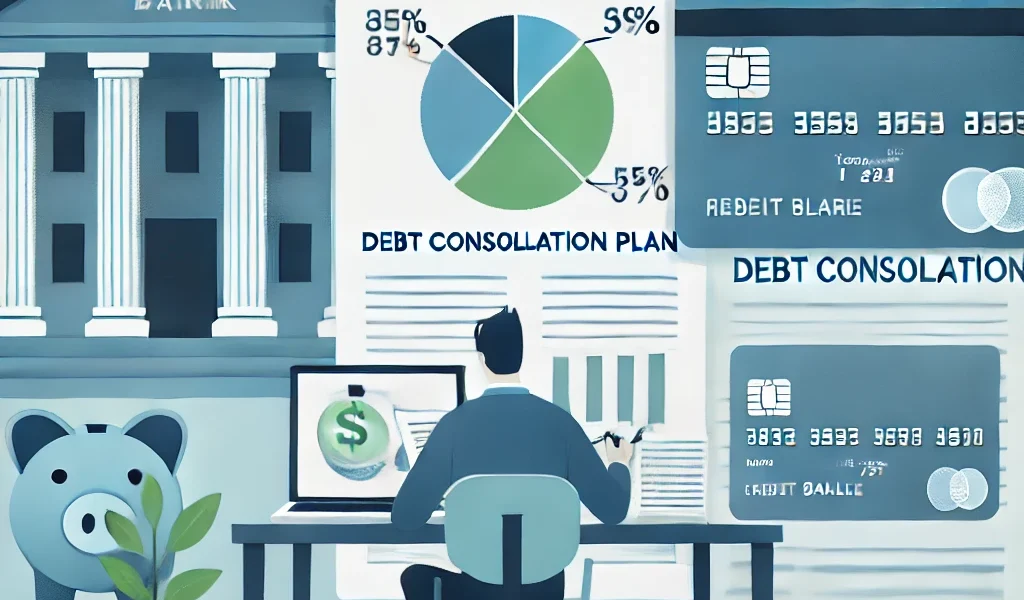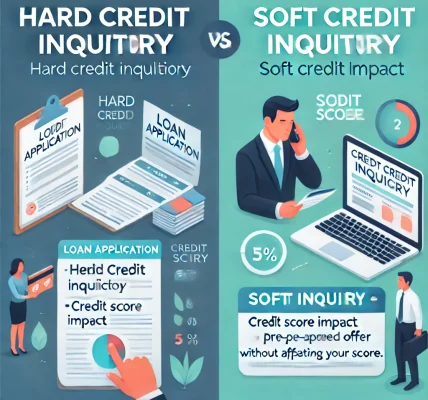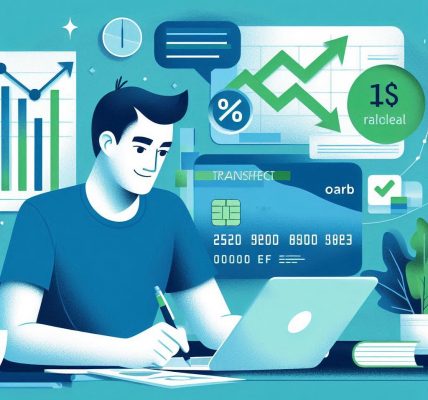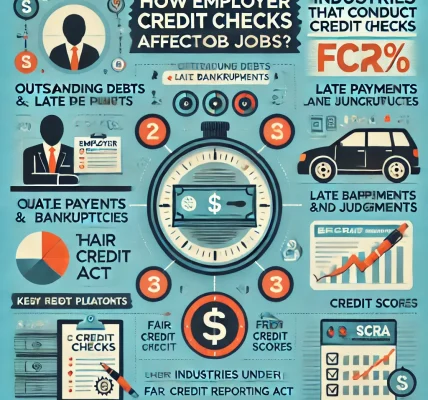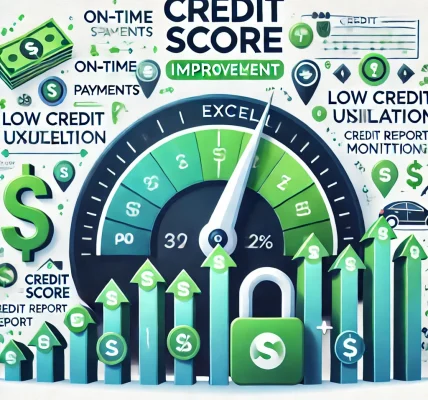Debt can feel overwhelming, especially when dealing with multiple creditors, high interest rates, and various due dates. A debt consolidation loan can simplify your finances by combining multiple debts into a single loan with a fixed repayment plan. But is it the right solution for you?
In this DIY guide, we’ll explore the pros and cons of debt consolidation loans, helping you make an informed financial decision while avoiding potential legal pitfalls.
What is a Debt Consolidation Loan?
A debt consolidation loan is a personal loan used to pay off multiple existing debts. Instead of making several payments to different creditors, you’ll make a single monthly payment to one lender. These loans are commonly used for credit card debt, medical bills, personal loans, and other high-interest obligations.
Types of Debt Consolidation Loans
- Unsecured Personal Loans – Offered by banks, credit unions, and online lenders with no collateral required.
- Secured Loans – Backed by collateral, such as a home (home equity loan) or a vehicle.
- Balance Transfer Credit Cards – Transfer high-interest credit card balances to a card with a lower interest rate.
- Debt Management Programs – Offered by non-profit agencies to consolidate debt into a structured repayment plan.
The Pros of Debt Consolidation Loans
1. Simplified Finances
Managing multiple debts can be stressful. Consolidating them into a single loan means you only have one monthly payment, reducing the risk of missed payments and late fees.
2. Lower Interest Rates
Many debt consolidation loans offer lower interest rates than credit cards and other high-interest loans, especially if you have a good credit score.
Example: If you have credit card balances with a 25% interest rate and consolidate them into a loan with a 10% interest rate, you could save significant money on interest payments.
3. Fixed Repayment Schedule
Unlike revolving credit (such as credit cards), debt consolidation loans have a fixed repayment term (e.g., 3-7 years). This gives you a clear timeline for becoming debt-free.
4. Potential Credit Score Improvement
If you use a debt consolidation loan to pay off high credit card balances, your credit utilization ratio decreases, which can positively impact your credit score.
5. Reduced Stress and Collection Calls
A structured repayment plan can help eliminate creditor harassment and provide peace of mind.
The Cons of Debt Consolidation Loans
1. Requires Good Credit for Best Rates
The best interest rates are reserved for borrowers with good to excellent credit scores. If your credit score is low, you may get a high-interest loan that doesn’t save much money.
2. Risk of Accumulating More Debt
Debt consolidation can be a temporary fix if you don’t address spending habits. Many borrowers pay off their credit cards but then accumulate new debt, worsening their financial situation.
Tip: Close or limit access to old credit accounts to avoid new debt accumulation.
3. Possible Fees and Costs
Some debt consolidation loans come with:
- Origination fees (1%-5% of the loan amount)
- Balance transfer fees (for credit card consolidation)
- Prepayment penalties (for early loan payoff)
Always read the loan terms carefully before committing.
4. Secured Loans Put Assets at Risk
If you use a home equity loan or secured loan, you risk losing your home or vehicle if you fail to make payments.
Tip: Only opt for secured loans if you’re confident in your repayment ability.
5. Credit Score Impact from Hard Inquiries
Applying for a debt consolidation loan results in a hard inquiry on your credit report, which may cause a temporary dip in your credit score.
Is Debt Consolidation Right for You?
Consider a debt consolidation loan if: ✅ You have high-interest debts (e.g., credit cards, payday loans). ✅ You qualify for a lower interest rate than your current debts. ✅ You have stable income and can commit to fixed monthly payments. ✅ You want to simplify your finances with a single monthly payment.
Avoid debt consolidation if: ❌ You have a low credit score, resulting in a high-interest loan. ❌ You struggle with impulse spending and risk accumulating more debt. ❌ You don’t qualify for better loan terms than your existing debts.
Alternatives to Debt Consolidation Loans
1. Debt Snowball or Debt Avalanche Method
- Debt Snowball: Pay off the smallest debts first to build momentum.
- Debt Avalanche: Pay off the highest-interest debts first to save money.
2. Credit Counseling Services
Non-profit credit counseling agencies offer debt management plans (DMPs) that negotiate lower interest rates with creditors.
3. Negotiating Directly with Creditors
Some creditors may offer hardship programs or reduced settlements without needing a consolidation loan.
4. Bankruptcy (Last Resort)
If you’re in severe financial distress, bankruptcy may provide a fresh start but comes with long-term credit consequences.
Final Thoughts
Debt consolidation loans can be a powerful financial tool if used correctly. They provide structure, lower interest rates, and financial relief. However, they are not a cure-all and require responsible budgeting to prevent future debt problems.
Key Takeaways:
- Compare loan terms and interest rates before choosing a consolidation loan.
- Ensure monthly payments fit within your budget.
- Avoid taking on new debt after consolidation.
- Seek financial counseling if needed.
